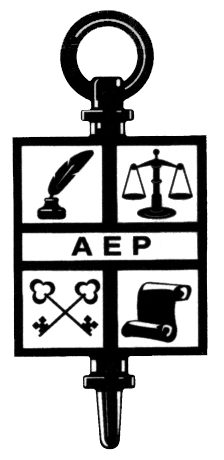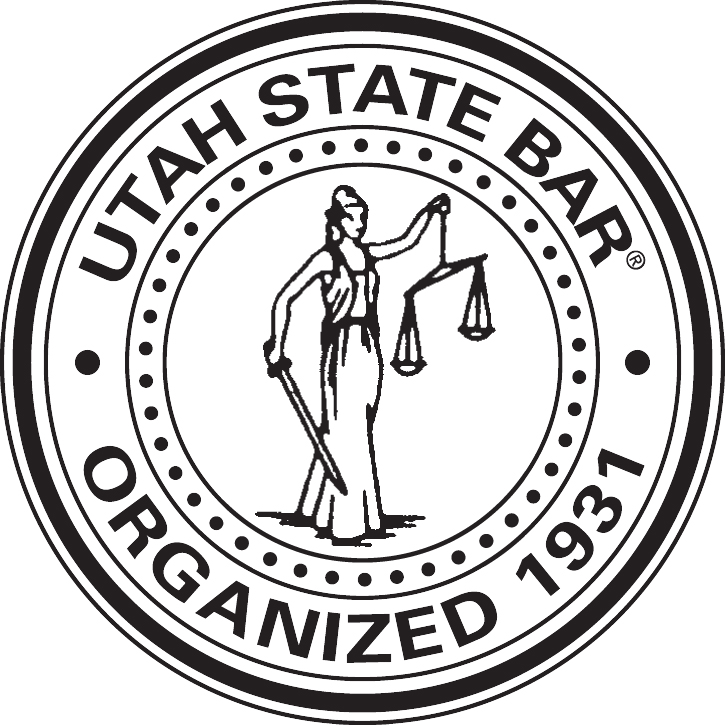Keeping a trust a secret could violate Utah law
If your estate plan includes one or more trusts, you may have a good reason for wanting to keep them a secret. For example, you may be concerned that, if your children or other beneficiaries knew about the trust, they might spend recklessly or neglect educational or career pursuits. Despite your good intentions, however, Utah law requires the trustees of certain trusts to disclose specific information to beneficiaries.
Disclosure requirements
Revocable Trust: Revocable Trust: If a trust is revocable and the person forming the trust (the “Settlor”) has the capacity to revoke the trust, then a trustee’s duties are owed only to the Settlor(s) of the trust. For example, while the Settlor is a trustee of his or her revocable trust, the Settlor does not have a duty to provide information to the remainder beneficiaries.
Irrevocable Trust: If a trust is (or becomes) irrevocable, then a trustee has certain duties to the Qualified Beneficiaries of the trust. Qualified Beneficiaries are trust beneficiaries who, at the time of the determination, have a current right to receive trust income or principal or would have that right if the trust terminated on that date. Unless a trust provides otherwise, a trustee must keep Qualified Beneficiaries reasonably informed and notify them, within a certain time period, of the following information:
- The existence of the trust
- The identity of those who created the trust
- Their right to request a copy of the trust
- Their right to request a trustee’s report
- The trustee’s name, address and phone number.
Utah law also requires a trustee to provide Qualified Beneficiaries who request it, at least annually and at the termination of the trust, a report of the trust property, liabilities, receipts, and disbursements, including the amount of the trustee’s compensation or a fee schedule or other writing showing how the trustee’s compensation was determined, a listing of the trust assets and, if feasible, their respective market values. (Note certain exceptions to the above disclosure requirements may exist if a trust grants a person a general power of appointment.). The Trust may also impose additional obligations to disclose to beneficiaries.
Trust Review: If you are a trustee and are unsure of your obligations to the trust’s beneficiaries, you should consult with an experienced estate planning attorney to understand those obligations. Also, if you have created a trust, it is important to review your trust to understand the disclosure requirements created under it. Please contact us if you have any questions about either subject. We can help you review your trust (or a trust created by others) to understand disclosure and other obligations and to discuss go-forward strategies.
Marianne Ludlow and Shawna Doughman at Parsons Behle focuses on securing your future, family & business through estate planning and business planning, including wills, trusts, powers of attorney, trust administration, and business planning contracts and agreements. Our offices are located in Lehi, Utah and Salt Lake City, Utah, and we serve clients in Utah and Salt Lake Counties, including American Fork, Draper, South Jordon, Highland, Alpine, Cedar Hills, Lindon, Sandy and Orem. You can contact us by phone 801.407.6538 or e-mail [email protected]






